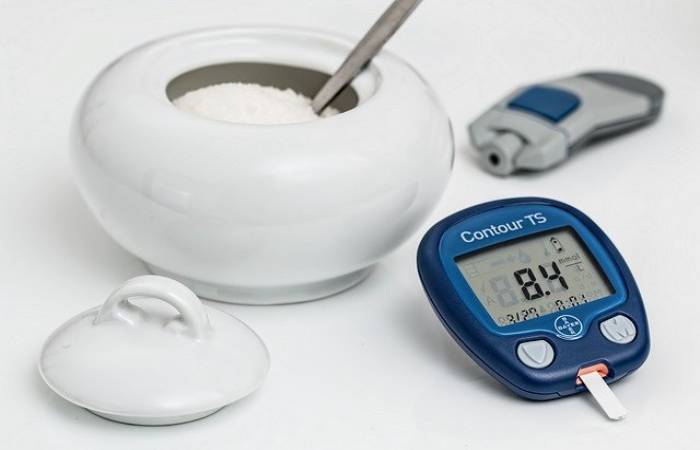High blood sugar symptoms can go unnoticed, sometimes for a long time. This applies mainly in the case of children or people who do not see their doctor regularly.
Symptoms of high blood sugar occur mostly in people who have diabetes. However, they can also be the consequence of some diseases or the ingestion of certain medications.
However, it stood in mind that these clinical manifestations cannot take lightly. Although they are indeed frequent among patients with type 2 diabetes, they do not always correspond to this disorder. Therefore, a medical evaluation will be essential.
Table of Contents
What is a High Blood Sugar Level?

High blood sugar, also called “hyperglycemia,” occurs when the body fails to maintain an average glucose level. This happens for the reason that the pancreas does not make an adequate amount of insulin. In certain cases, it may be that the cells are resistant to insulin. Consequently, the pancreas cannot keep up, and glucose begins to accumulate in the bloodstream, instead of going to the cells.
There is talk of high blood sugar level when it is more significant than 130 mg/dl, earlier a meal, or more than 180 mg/dl two hours after intake. When these values are exceeded, there is talk of hyperglycemia. Keep in mind that high blood sugar symptoms appear only when blood glucose is above 250 mg/dl. Some of them appear in a short time, while others only become visible after a long period with high blood glucose.
Hyperglycemia can be acute or chronic. The sensitivity is temporary, while the chronic takes place long term. The latter is the one that almost always corresponds to a picture of diabetes.
Symptoms of Moderately High Blood Sugar
When the glucose level in the plasma is slightly above the normal range, for prolonged periods, it is common for mild manifestations to appear. These include the three typical symptoms of high blood sugar:
- Constant feeling of thirst
- More urination.
- Increased appetite.
However, these manifestations are not usually intense, so in many cases, they go unnoticed—special attention paid to children, who rarely perceive these states as abnormal. In any situation, it is best to do a sugar test to avoid surprises.
Symptoms of High Blood Sugar
When blood sugar levels are high, there are changes in urination habits and appetite. Excessive urination is due to a biological and chemical reaction in the body. The cells pump water into the bloodstream, and the kidneys cannot reabsorb it, so there is an uncontrollable expulsion of water.
This, in turn, increases dehydration and symptoms, such as feeling thirsty. On the other hand, the low insulin level makes you have more appetite than average. The lack of this substance causes the sugar to become concentrated in the blood and not used by the cells to function.
When it not intervened in time, its manifestations are the following:
- Extreme thirst.
- Blurred vision.
- Red, hot and dry skin.
- Lightheadedness or agitation
- Drowsiness or difficulty waking up
Also, the symptoms can get worse and cause complications such as:
- Increased heart rate and weak pulse.
- Substantial and heavy breathing.
- Abdominal pain and vomiting
- Robust and fruity-smelling breath.
- Confusion and lethargy.

Other symptoms of high blood sugar, which often appear before diabetes diagnosed, include the following:
- Weight loss: Even though the person eats more and more, they do not gain weight, but rather lose it.
- More infections: Urinary and fungal infections (fungi and candidiasis) occur. The high glucose level is responsible for this.
- Slow healing and wound healing.
- Dry and itchy skin: It is generally due to dehydration and poor circulation caused by high blood glucose.
- Vision problems. There is blurred vision, also from dehydration. · Over while it can lead to severe issues, such as retinopathy.
- Headache and trouble concentrating.
- Chronic constipation or chronic diarrhea.
- Erectile dysfunction.
- Irritability.
What to do about these Symptoms?
As typical as they may seem, the symptoms of high blood sugar should not be overlooked. When suspecting uncontrolled glucose levels, it is advisable to see a doctor.
If the symptoms are recurrent, the professional may suggest some complementary tests to determine diabetes. If so, it will guide you towards appropriate treatment, as necessary.
